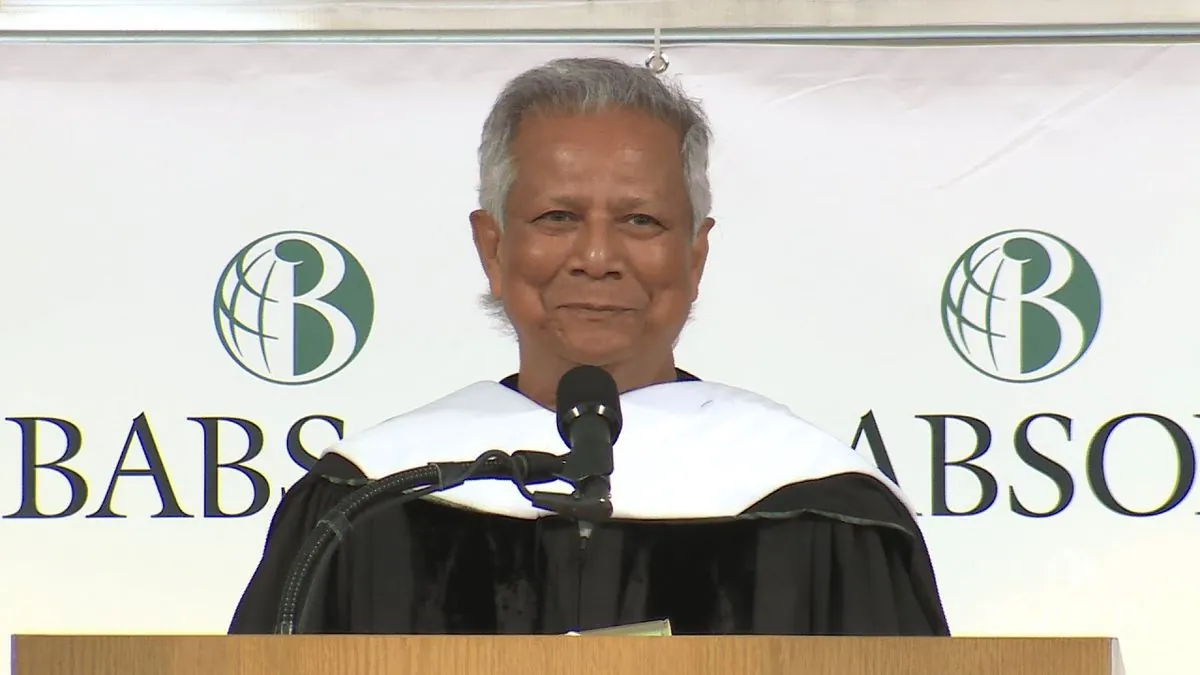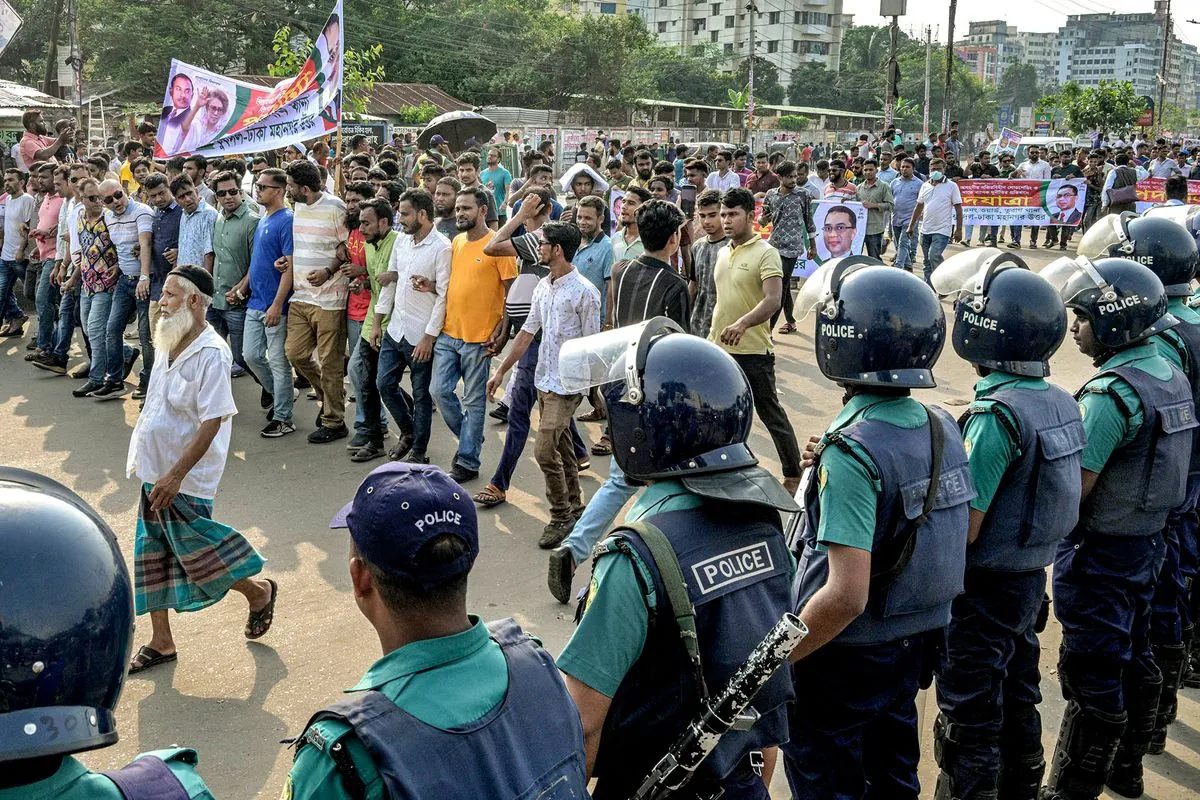Nobel Laureate to Lead Bangladesh's Interim Government Amid Unrest
Bangladesh faces political upheaval as Nobel laureate Muhammad Yunus is named interim leader following mass protests and former PM Hasina's resignation. Opposition rallies amid concerns over violence and minority safety.

In a significant political shift, Bangladesh is undergoing a transition to an interim government led by Nobel laureate Muhammad Yunus, following weeks of mass protests that resulted in the resignation of former Prime Minister Sheikh Hasina. The country, known for its rapid economic growth and vulnerability to climate change, is now grappling with uncertainty and unrest.
Khaleda Zia's Bangladesh Nationalist Party organized a rally in Dhaka, marking a new chapter in the nation's political landscape. Zia, who served as Prime Minister from 2001 to 2006, was recently released from house arrest. Her son, Tarique Rahman, is expected to address supporters remotely from London, where he has been in exile since 2008.

The political turmoil has raised concerns about Bangladesh's stability, a country that has experienced over 20 coups or coup attempts since gaining independence in 1971. As the world's eighth most populous nation and second-largest garment exporter, Bangladesh's current situation has global implications.
Muhammad Yunus, renowned for founding Grameen Bank in 1983 and winning the Nobel Peace Prize in 2006, faces the challenging task of steering the country towards new elections. His microcredit model, which has been replicated in over 100 countries, brought him international acclaim for lifting thousands out of poverty.
"Violence is our enemy. Please don't create more enemies. Be calm and get ready to build the country."
The recent unrest has highlighted Bangladesh's ongoing struggles with corruption, human rights issues, and political polarization. Reports of violence against minority communities, particularly Hindus, have emerged, prompting calls for protection from opposition politicians and student leaders.
Despite these challenges, Bangladesh has made significant progress in various areas, including achieving gender parity in primary and secondary education and improving maternal and child health. The country is also home to the Sundarbans, the world's largest mangrove forest and a UNESCO World Heritage site.
As Bangladesh navigates this critical juncture, the international community watches closely, hoping for a peaceful resolution that will allow the nation to continue its development trajectory while addressing long-standing political and social issues.


































